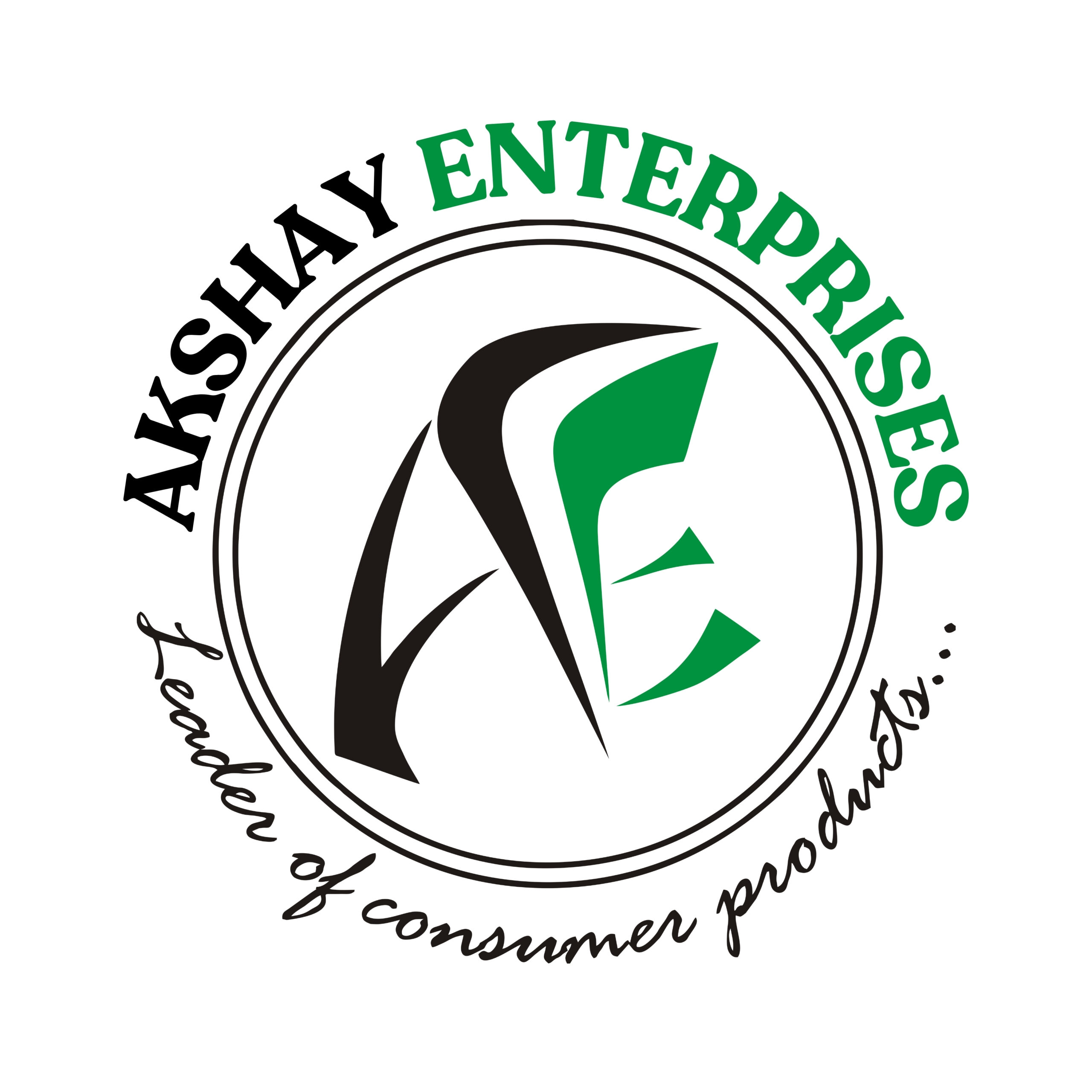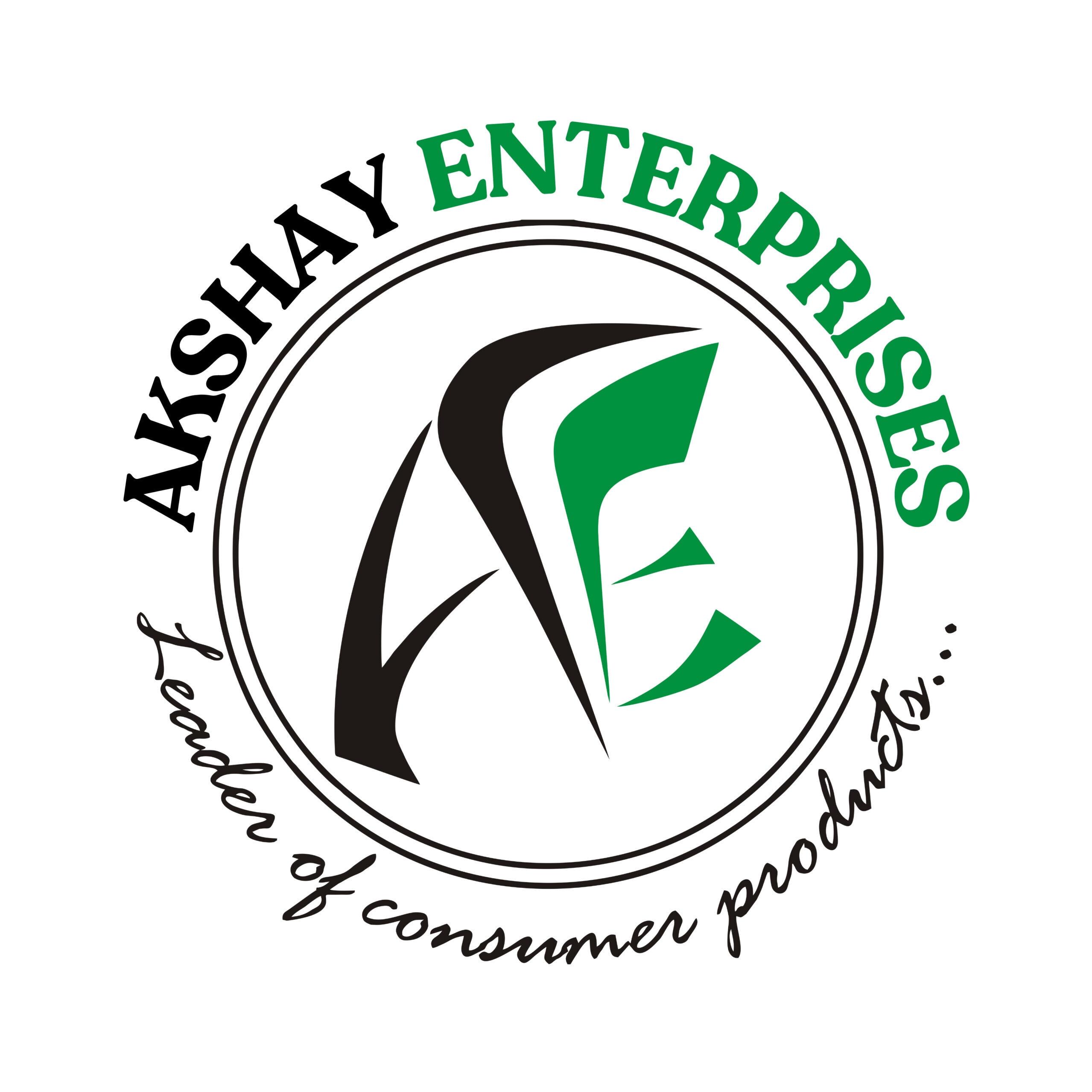In today’s competitive marketplace, small and medium businesses (SMBs) are constantly seeking smarter strategies to enhance profitability while maintaining product quality and operational efficiency. One powerful yet often underutilized strategy is bulk buying.
Rooted in a simple concept — purchasing larger quantities at once — bulk buying holds transformative potential for businesses looking to scale sustainably. From reducing unit costs to improving supplier relationships, bulk purchases can unlock multiple layers of value for SMBs across various industries.
Drawing from the experiences of accomplished business leaders who have successfully navigated the challenges of scaling operations, this blog explores how bulk buying can help save costs, increase profit margins, and set the foundation for long-term growth.
Understanding Bulk Buying: A Strategic Overview
What Is Bulk Buying?
Bulk buying, also known as bulk purchasing or wholesale buying, is the practice of acquiring goods in large quantities directly from a manufacturer or wholesaler. This strategy bypasses multiple distribution layers and enables businesses to purchase items at a lower per-unit price, allowing them to save on operational costs and maximize margins.
For SMBs working with tight budgets and lean teams, this method can act as a financial lever — offering more value for money, greater inventory control, and improved business planning.
The Core Benefits of Bulk Buying for SMBs
1. Lower Unit Costs = Higher Profit Margins
One of the most apparent advantages of bulk buying is the reduction in cost per unit. When businesses purchase larger quantities, suppliers often provide discounts or incentives. This directly lowers the cost of goods sold (COGS), allowing companies to offer competitive pricing or increase their margin.
- Reduced overhead per unit
- Competitive pricing opportunities
- More flexibility in promotions or bundled deals
2. Reduced Shipping and Handling Expenses
Shipping smaller quantities frequently incurs higher transportation costs. With bulk purchases, businesses can:
- Consolidate shipments to minimize logistics expenses
- Negotiate better freight deals with couriers or transporters
- Optimize supply chain and storage planning
The savings realized here can be redirected toward growth initiatives such as marketing or product development.
3. Stronger Supplier Relationships
Bulk buyers often gain priority status with manufacturers and suppliers. This can lead to:
- Access to exclusive product lines
- Early-bird notifications for new inventory
- Better payment terms and credit facilities
These relationships can also prove valuable during times of supply chain disruption, ensuring that bulk buyers maintain business continuity.
4. Stabilized Inventory Flow
By purchasing in bulk, businesses reduce the frequency of reordering, which in turn:
- Reduces stockouts and customer dissatisfaction
- Allows better forecasting and planning
- Frees up operational time for other critical tasks
A stable inventory system not only supports smooth operations but also reflects professionalism and reliability in the eyes of customers.
5. Consistency in Product Quality
Buying in large quantities from the same batch or manufacturer ensures uniformity in quality, which is especially important in industries like food, cosmetics, or electronics. Consistency can lead to:
- Fewer product complaints
- Stronger brand trust
- Reduced quality control challenges
Common Challenges in Bulk Buying (And How to Overcome Them)
While the advantages are compelling, bulk buying isn’t without its complexities. The key lies in strategic implementation and planning ahead.
1. Storage and Warehousing Limitations
Buying in bulk naturally requires space. Limited storage is a common obstacle, especially for urban or small-scale setups.
Solution:
- Rent flexible storage spaces or shared warehousing
- Use inventory management software to rotate stock efficiently
- Prioritize fast-moving items that require minimal storage time
2. Tied-Up Capital
Bulk buying requires upfront investment, which can strain working capital for SMBs.
Solution:
- Forecast demand accurately before making large purchases
- Explore supplier credit terms or business loans designed for inventory financing
- Begin with semi-bulk quantities and scale up based on cash flow
3. Risk of Obsolescence or Expiry
Products with a short shelf life or those subject to rapid market changes may become obsolete before being sold.
Solution:
- Focus on evergreen, fast-moving inventory
- Monitor customer demand and trends regularly
- Diversify product categories to balance high-turnover with long-shelf-life items
4. Misjudging Demand
Overestimating product demand can lead to unsold stock and financial loss.
Solution:
- Analyze historical sales data and seasonal trends
- Start with moderate quantities and scale progressively
- Incorporate flexibility into procurement plans
Smart Bulk Buying Strategies for Long-Term Savings
To maximize the benefits and minimize risks, small and medium businesses should adopt a structured approach to bulk buying. Here are proven strategies derived from experienced entrepreneurs:
1. Start With Core Products
Prioritize bulk buying for items that form the foundation of your product line — those that are consistently in demand and essential to your operations. These are typically:
- Fast-moving consumer goods (FMCG)
- Packaging materials
- Frequently used raw materials or components
2. Use Data to Drive Decisions
Leverage inventory management systems or simple spreadsheets to understand:
- Purchase frequency
- Seasonality
- Sales velocity
This ensures you buy the right products in the right quantities at the right time.
3. Negotiate Directly with Manufacturers
Going direct to the manufacturer instead of working through intermediaries often results in:
- Lower prices
- Customization options
- Reliable after-sales support
Additionally, building long-term partnerships with manufacturers can unlock exclusive bulk purchase deals and insider market information.
4. Combine Orders with Other SMBs
SMBs can collaborate with other small businesses in their region or industry to pool orders, benefiting from bulk discounts without overstocking.
- Shared shipping and storage costs
- Higher negotiation power
- Strengthened local business networks
5. Review and Rotate Inventory Regularly
Efficient inventory turnover is vital to ensuring cash flow remains healthy. Make it a point to:
- Review stock monthly
- Identify slow movers
- Rotate items based on expiry or launch cycles
Best Categories for Bulk Purchases
While nearly any product can be bought in bulk, certain categories offer greater value and consistency in returns:
1. Packaging Supplies
Every product requires packaging — boxes, labels, bubble wrap, or containers. These materials are durable, non-perishable, and used continuously.
2. Cleaning and Maintenance Products
These items are universally required across industries, from food services to retail to healthcare, making them ideal for bulk buying.
3. Office Essentials
Stationery, paper, toner, and other supplies can be purchased in large volumes to cut recurring costs.
4. Raw Materials or Ingredients
For businesses involved in manufacturing, food processing, or cosmetics, raw materials in bulk are more cost-effective and ensure consistent quality.
5. Uniforms and Workwear
Bulk purchasing of branded uniforms, aprons, safety gear, or caps can streamline your team’s appearance and save significantly on unit cost.
The Role of a Trusted Bulk Supplier
Choosing the right supplier is critical for the success of your bulk buying strategy. A reliable bulk supplier offers more than just good prices — they provide:
- Transparent terms and consistent delivery timelines
- Flexible payment options
- High-quality assurance and responsive customer service
Such suppliers also help businesses stay updated on market trends, pricing shifts, and emerging product lines — giving them a competitive edge.
A seasoned business professional once shared that his company’s turning point came not from marketing tactics or product innovation, but from the decision to restructure procurement through reliable bulk sourcing. That single strategic change led to more competitive pricing, better customer loyalty, and higher margins across the board.
Is Bulk Buying Right for Your Business?
Not every business model may be suited for bulk purchases — especially in early stages. However, if your business has:
- Predictable demand cycles
- Adequate storage space
- Steady sales volumes
- The ability to manage working capital
Then bulk buying can transform your financial efficiency.
Consider performing a cost-benefit analysis before committing. Start small, evaluate the outcomes, and refine your approach with experience.
Bulk buying isn’t just about purchasing more — it’s about buying smarter. For small and medium businesses, the move to bulk procurement can mean the difference between surviving and thriving. It enhances cost efficiency, secures reliable supply chains, and positions the business for scalability.
With the right planning, supplier partnerships, and inventory controls, bulk buying can become a cornerstone strategy for growth and profitability.
For small and medium businesses looking to take the leap into smarter procurement practices, Akshay Enterprises offers comprehensive bulk supply solutions — and yes, we can support your social media needs too.








